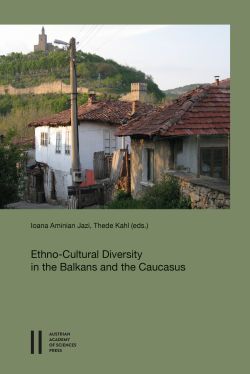
Ethnocultural Diversity in the Balkans and the Caucasus, pp. 159-176, 2023/02/09
Traditional law is practiced in Northern Albania and among Svans in Georgia. Its contemporary relevance is often connected to its instrumental use in political economic processes. But traditional law is not only present as a frame of reference for concrete legal processes; it is also relevant for ‘enactments’ of identity. In both cases, formerly autonomous regions have existed in which traditional law was an important part of the social organization, and – again in both cases – people refer to these periods with no foreign ruler with pride. The law of these old times is still supposed to be present today. In this essay, I will argue that the vitality of traditional law in Northern Albania and Georgia also relies on stories of traditional law. These enactments will be exemplified – in the case of Albania – by the use of the book of Kanun and with the supposed historic importance of traditional law in socialist research and in popular imagination. With regard to the Svans in Georgia, I will show how former socially important oaths on icons, that are still practiced nowadays, are now performed more as a remembrance of old times. According to the notions introduced by Brubaker and Cooper (2000), traditional law is applied in instrumental strategies of ‘identification’ and in non-instrumental processes of ‘self-understanding’.
Keywords: Traditional Law, Albania, Georgia, Kanun, Oath, Identity